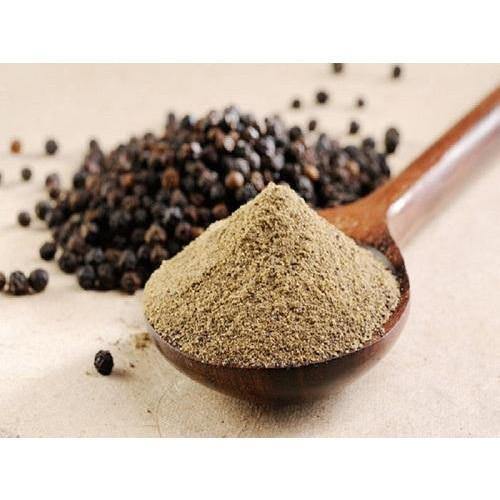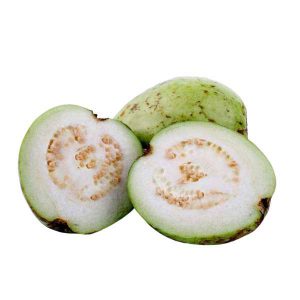Description
Native to South India, though also popularly grown in Sri Lanka and Guatemala.
Black and white pepper is used to lend a base note of heat to its dishes.Interestingly, many chefs prefer the flavor of black over white pepper as it has a more complex flavor.
Ayurvedic teachings state that pepper fuels agni, the fire that drives digestion and metabolism. Pepper on the tongue stimulates the release of digestive enzymes in the pancreas, as well as hydrochloric acid in the stomach, useful for digesting protein. Its bioperine content also enhances the absorption of nutrients.Ayurvedic medicine also uses it to treat fevers, digestive disorders, urinary difficulties,rheumatism, neuralgia, and boils.Black pepper and honey.
Pepper is also known as “King of the Spices.” It accounts for a quarter of the world’s spice trade. Next to water and salt, it is the third most added ingredient. A mixture of black and white pepper corns is called a mignonette. Pepper was highly valued in Europe during the Middle Ages and the Renaissance to the extent that it was used in gift giving, paying rent, dowries,bribes, and taxes.
The flavor of ground pepper loses its intensity over time.Thus, it is best to grind peppercorns just before use. With hot food, it is best to add it towards the end of the cooking process to preserve its aroma.Though black pepper is more commonly used. white pepper is used for aesthetic purposes in light coloured dishes so as not to leave visible specks.


